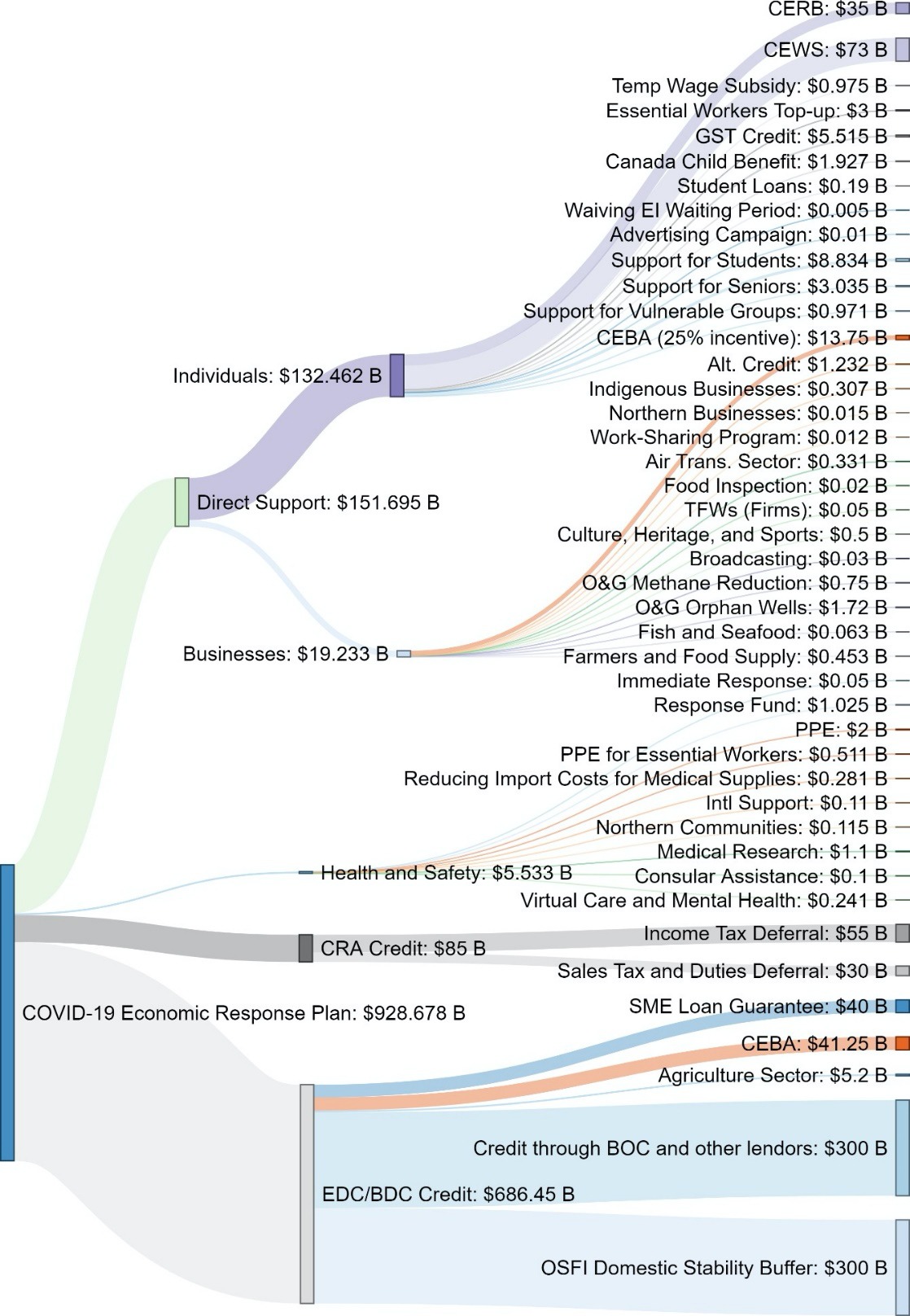Background
Canada has been hit hard by the COVID-19 pandemic. With 79,000 cases as of May 20th, Canada is set to overtake China soon in terms of confirmed cases, yet our cases per capita remains less than half that of our neighbours to the south, the United States. Canada has struggled to build testing capacity; as a result, we are below the G7 average in both absolute and per capita tests performed. Ontario and Quebec have born the brunt of the crisis, accounting for over 80 per cent of all Canadian confirmed cases. Long-term care homes have been linked to 79 per cent of COVID-19 deaths in Canada.
Governance and Parliamentary Functions
Canada democracy is administered under a bicameral system: the House of Commons and the Senate. The House of Commons currently meets regularly for in-person sessions once a week and using video- conferencing software for two additional sessions where members of parliament have an opportunity to ask questions of the government. The Senate, however, does not meet regularly and only convenes if recalled to analyse and vote on emergency response measures. Both chambers have created COVID-19 oversight committees to examine issues related to the pandemic and the government’s response.
Emergency Response Measures
The government is currently advising Canadians to avoid all non-essential travel outside of Canada until further notice. In terms of travel, the border with the United States has been closed since March, and that agreement was recently renewed once more to extend at least another month. In some instances, inter- provincial travel has been prohibited or regulated in order to reduce spread of the virus. Travellers are screened and must undergo mandatory self-isolation for 14 days upon returning to the country.
Lockdown measures were introduced at the discretion of the provincial and territorial government levels throughout the month of March and several jurisdictions have recently presented plans for the resumption of daily life and economic activity.
Financial Aid and Stimulus
The Government has offered targeted support for individuals including those who have been laid off ($2000 CAD per month), students ($1250 CAD per month), seniors ($3 billion CAD), Indigenous peoples ($305 million CAD), and other vulnerable populations. In order to encourage companies to retain their workforce, a 75% wage subsidy is offered to employees of organizations who experienced a loss of revenue after the lockdown was enforced. To address liquidity, small and medium enterprises have access to a loan of up to $40,000 CAD, with up to 25% forgivable upon successful repayment before the end of 2022.
Total direct support now exceeds $150 billion (8.8% of GDP). A full breakdown of Canada’s COVID-19 economic response plan is found in the figure below.

Canada’s COVID-19 economic response plan
Senator Rosa Galvez, originally from Peru, is one of Canada’s leading experts in pollution control and its effect on human health. She has a Ph.D. in Environmental Engineering from McGill University and has been a professor at Université Laval à Québec since 1994, heading the Civil and Water Engineering Department from 2010 to 2016. She specializes in water and soil decontamination, waste management and residues, and environmental impact and risk assessment.
